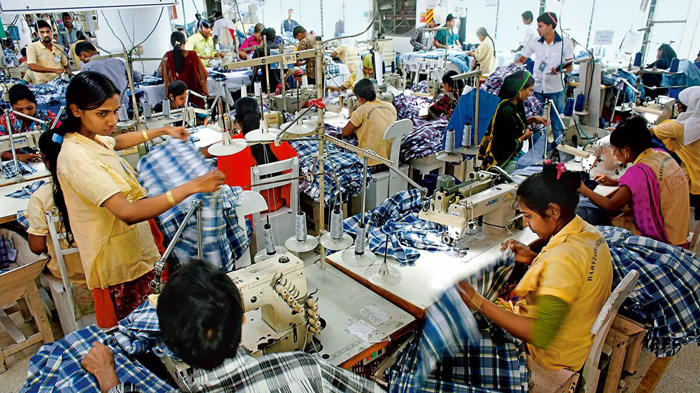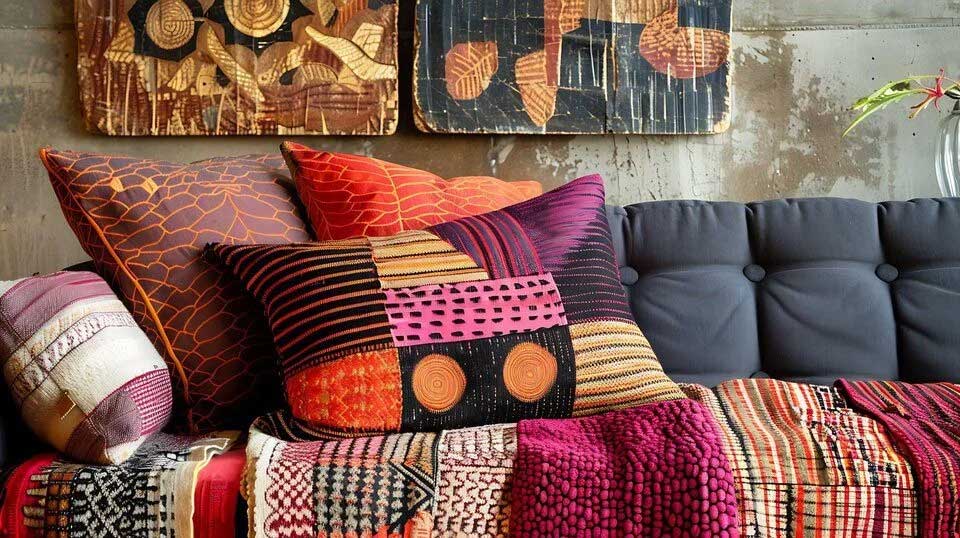
Recent political instability and labor unrest in Bangladesh have cast a shadow over its apparel industry, the second-largest in the world after China. As orders shift to competitors like India and Vietnam, experts are divided on whether this represents a short-term blip or a more significant threat to Bangladesh's ambitious economic plans.
Orders exodus amidst uncertainty
The Bangladesh Garment Manufacturers and Exporters Association (BGMEA) statistics reveal a worrying picture. While Bangladesh's garment exports grew by a mere 5.34 per cent in the July-September quarter, Vietnam and India saw increases of 15.57 per cent and 13.45 per cent, respectively.
This shift is attributed to factors like the political turmoil due to the fall of Sheikh Hasina government and ensuing protests that created an uncertain business environment. Deep-rooted labor grievances, including demands for better wages and working conditions, have led to strikes and factory closures. And infrastructure challenges as Bangladesh's reliance on imported fabric and persistent power shortages hamper its competitiveness.
Table: Garment export growth
|
Country |
Export growth (July-September 2024) |
|
Bangladesh |
5.34% |
|
Vietnam |
15.57% |
|
India |
13.45% |
|
Source: BGMEA |
India and Vietnam reaping benefits
The turmoil in Bangladesh has led to competing countries like India and Vietnam gaining from the situation. India, with its integrated supply chains, large workforce, and stable political environment, is emerging as a preferred alternative. The Tiruppur knitwear hub alone secured $54 million in orders in September. Vietnam, known for its competitive labor costs and efficient manufacturing, is also attracting increased business.
However, industry experts in Bangladesh are optimistic, emphasizing the country's established supply chains, skilled workforce, and commitment to sustainability. They believe that resolving power shortages and restoring political stability will enable a swift recovery.
However, analysts caution that prolonged unrest could erode buyer confidence and lead to a permanent loss of market share. Mehdi Mahbub, an apparel business analyst, warns, "If the unrest continues for another quarter and opportunities keep shifting, competitors could certainly take over."
The need for action
To mitigate the long-term impact, experts recommend:
Restoring political stability: Ensuring a predictable and secure business environment is crucial to regain investor confidence.
Addressing labor concerns: Engaging with workers to address their grievances and improve working conditions is essential for long-term sustainability.
Investing in infrastructure: Upgrading power infrastructure and reducing reliance on imported fabrics could enhance competitiveness.
Diversifying the economy: Reducing dependence on the apparel sector will reduce risks associated with global market fluctuations.
Thus the shift of apparel orders away from Bangladesh underscores the vulnerability of export-oriented economies to political and social disruptions. While the country's apparel industry has demonstrated resilience in the past, decisive action is needed to address underlying challenges and ensure its long-term competitiveness.












